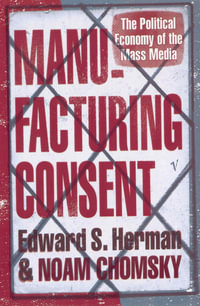"Reinventing government" details the most revolutionary idea of our time-an idea whose time has come. Its authors give proof positive that government does not have to be a gigantic and inefficient bureaucracy. Instead, it can govern in the true sense of the word, by tapping the tremendous power of the entrepreneurial process and the force of the free market. In case after case, the authors show how this approach already has proven its worth all over the country-in schools, in slums, in sanitation, in a host of other areas where enterprising and innovative public officials have delivered a far bigger public service bang for every budgeted buck. To cut taxes and improve services at the same time may seem too good to be true. Yet now we have in our hands a way to make it come true-if we and politicians of all parties and persuasions read it and use it.
Industry Reviews
An inspiring, well-organized exposition of ten principles that appear to offer hope for renewal in an era of government decline. Osborne's Laboratories of Democracy (1988) celebrated government innovation at state and local levels; here, the ideas are further developed, with many more examples and a sharper focus. Osborne and Gaebler (the former city manager of Visalia, California) charge that government bureaucracy, created a hundred years ago to combat official corruption, has outlived its usefulness. Since governments are increasingly caught between declining revenues and rising demands for service, the authors call on them to become more "catalytic," "mission-driven," "customer-driven," "anticipatory," "market-oriented," etc. The authors recognize that these terms may have a vaguely threatening ring to many liberals and public employees, but they counter those fears with examples of how the adoption of these principles has resulted in employee empowerment, increased public support, etc. For example, they explain how, when Phoenix forced its trash collectors to compete with private businesses while guaranteeing the collectors' jobs, morale and productivity soared. Most convincing is the way Osborne and Gaebler discuss honestly the most serious potential problems with their proposals - e.g., their refusal to endorse merit pay for individual teachers, which, they admit, may set up cutthroat situations. Analyzing the successful experiments, they provide theory for political scientists to chew on and examples for government officials to consider - e.g., that of Visalia, which uses bonuses to reward groups of employees more often than individuals "on the theory that individual rewards encourage people to hoard information and compete with one another, while group rewards encourage people to share information and work together." Required reading for burned-out civic reformers, and stirring stuff for socially concerned businesspeople. (Kirkus Reviews)
























